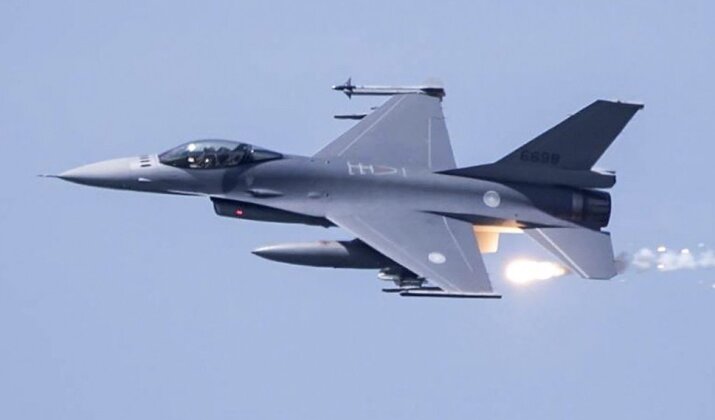In the latest of a series of accidents involving its fighter fleet, Taiwan’s air force (officially the Republic of China Air Force) lost contact with an F-16V and its pilot on January 11th which after several hours was assumed to have crashed. The F-16V is the most capable fighter in Taiwanese service, and was just 54 days old with the first 64 fighters were commissioned on November 18th 2021. Taiwan lost four fighters in under six months from November 2020 to March 2021 including three F-5s and an F-16A/B, and has generally suffered from high crash rates among its imported fighters particularly its French-supplied Mirage 2000s of which six of 60 have crashed. The exception to this has been its indigenous F-CK Ching Kuo fighters which have rarely had any operational issues. The grounding of all F-16s is a major blow to Taiwan’s defences, with President Tsai Ing Wen having hailed the commissioning of the first F-16V unit in November using strongly ideological rhetoric as representing major improvements to the territory’s security. The F-16V is a heavily modernised F-16 variant integrating new avionics and electronic warfare systems. It most significantly integrates the Northrop Grumman AN/APG-83 Scalable Agile Beam Radar which is both much more difficult to jam and considerably more powerful than those used on the F-16A/B.

The F-16V and older F-16A/B currently form two of Taiwan’s six fighter squadrons, with a further squadron set to be formed of new F-16C/D Block 70 fighters after an order for 66 airframes was placed in 2019 costing over $8.1 billion. The remaining three Taiwanese squadrons are currently formed of F-CK Ching Kuo and F-5E/F fighters, the latter which were developed in the United States but produced under license in Taiwan. F-5s are set to be replaced by indigenous Brave Eagle fighters which are an enlarged and heavily enhanced derivative of the F-CK design. Taiwan has struggled to acquire modern combat aircraft from abroad, with F-16s generally reserved for less developed and poorer clients with lower defence budgets, and were sold to Taipei largely because it’s request for modern F-35 fighters were refused by Washington. The frequency of pilot defections from Taiwan to the Chinese mainland, and prevalence of pro-mainland sympathisers on the island, reportedly raised concerns in the U.S. that F-35 technologies would be seriously at risk. The governments in Taipei and Beijing, the former claiming to rule the Republic of China and the latter the People’s Republic of China, are technically at war with both claiming to rightfully govern the entire Chinese nation including Taiwan. The Taipei government, however, has almost no formal international recognition and no UN representation, making it technically a non-state actor, which has contributed to its difficulties obtaining modern armaments.
